
The Life is Good Company was founded in 1994 by Bert and John Jacobs. They started by designing and selling t-shirts out of their van in the streets of Boston.

Jake, the iconic stick figure, was created in the same year the company started. Jake was the beginning of Life is Good. The two brothers printed shirts of Jake and found that they were selling like a wildfire.
Their mission is to “spread the power of optimism”

Their story: https://www.lifeisgood.com/our-story.html


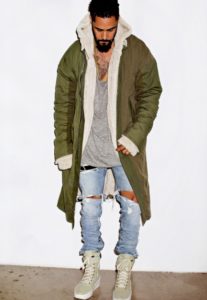
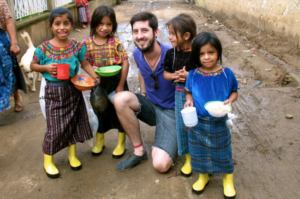

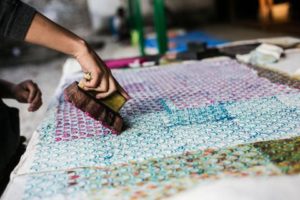
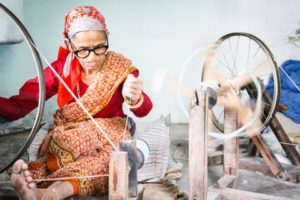 After attending John Brown University, a private conservative Christian college, the newly-wed Melody Murray set out with her husband to work in an African orphanage. Melody and Dave could feel God burdening their hearts to reach out and help those in poverty. Over the next decade, they dreamed of themselves working with struggling artisans. In 2010, they moved to Rajpur, India, and JOYN was birthed.
After attending John Brown University, a private conservative Christian college, the newly-wed Melody Murray set out with her husband to work in an African orphanage. Melody and Dave could feel God burdening their hearts to reach out and help those in poverty. Over the next decade, they dreamed of themselves working with struggling artisans. In 2010, they moved to Rajpur, India, and JOYN was birthed.




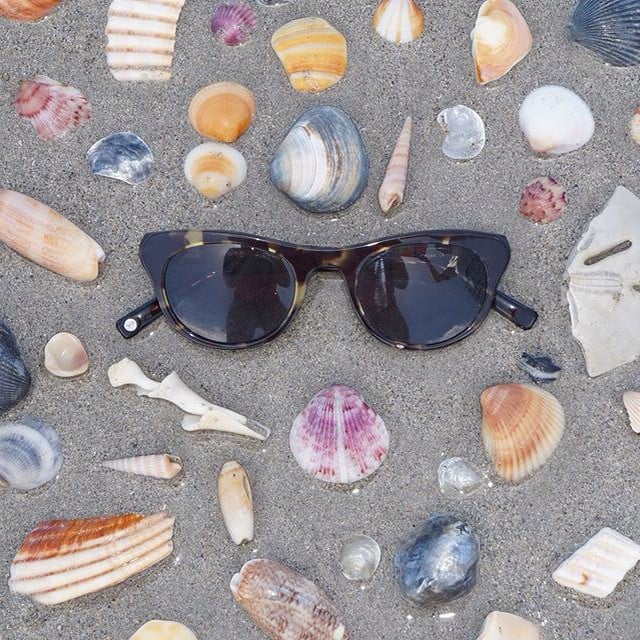 the product, had to complete his first semester of grad school in the haze bad vision creates [see the rest of the story
the product, had to complete his first semester of grad school in the haze bad vision creates [see the rest of the story 